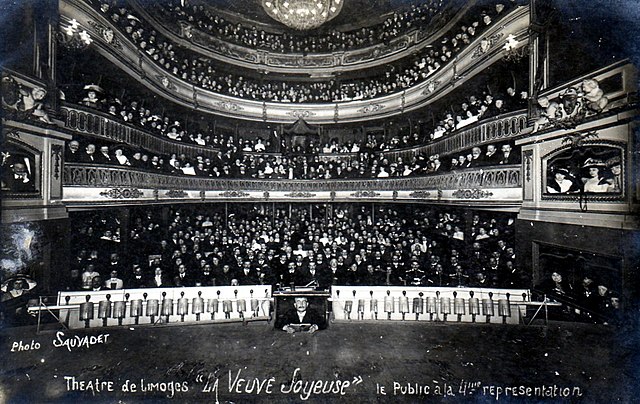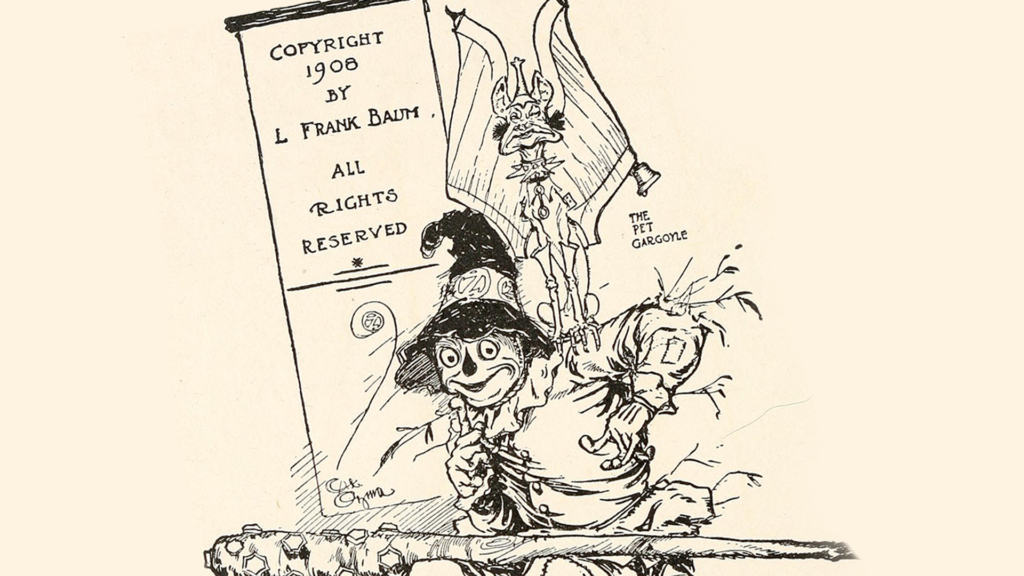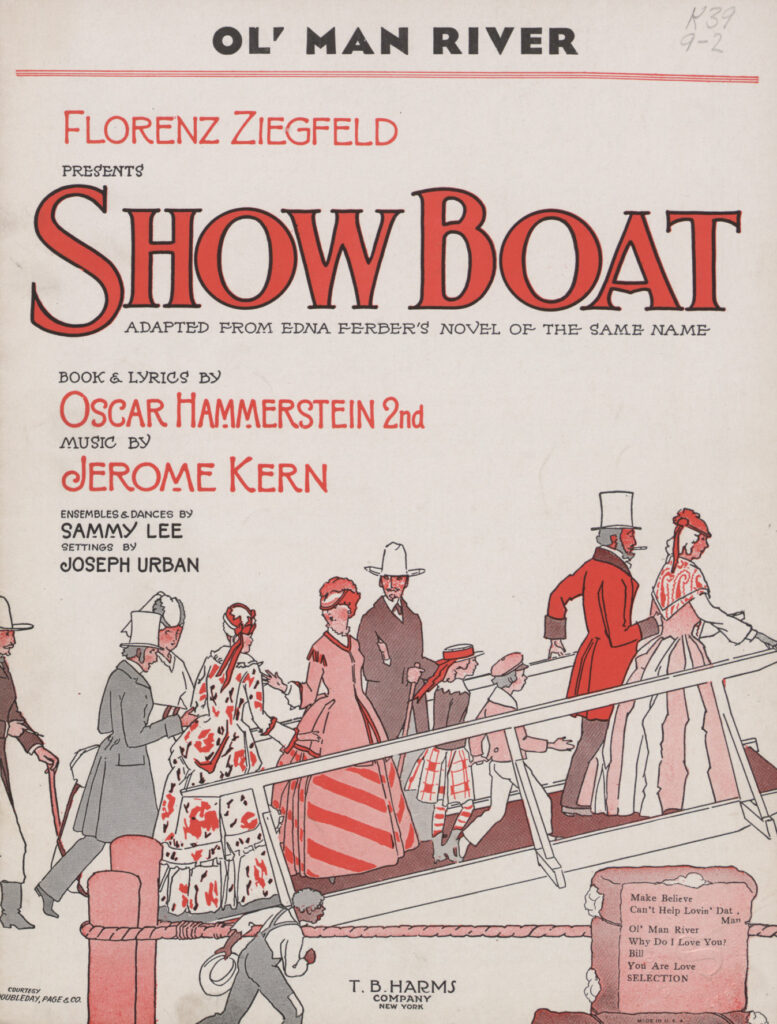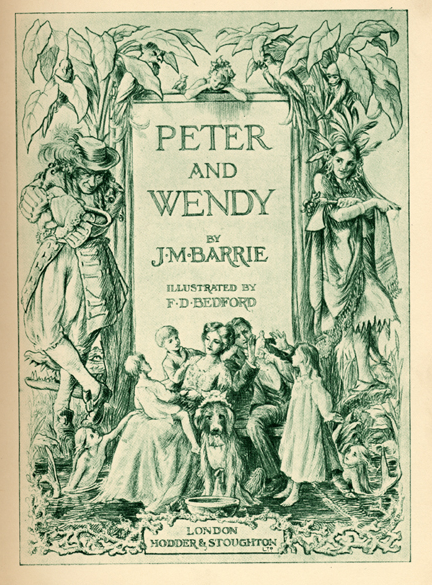
Copyright, the Public Domain, and Australian Law
Copyright laws are essential in protecting the rights of creators and ensuring that they are fairly compensated for their work. However, these laws also limit the use of creative works by others, which can sometimes hinder creativity and innovation. In Australia, copyright law is governed by the Copyright Act 1968 (Cth), which sets out the legal framework for the protection and use of creative works.
Understanding Copyright Law in Australia
Under Australian copyright law, the owner of a copyright has exclusive rights to use and reproduce their work, and they have the power to prevent others from using their work without their permission. These rights typically last for the lifetime of the creator plus a certain number of years after their death, depending on the type of work.
The Copyright Act also provides some exceptions to these exclusive rights, such as fair dealing for the purposes of research, criticism, or review. Additionally, there are some other specific exceptions for certain types of creative works, such as libraries and archives being able to copy works for preservation purposes.
The Public Domain and Creative Commons
Once a copyright has expired, the work enters the public domain, meaning that it can be used freely by anyone without the need for permission or payment. However, not all works enter the public domain at the same time, and it can be challenging to determine whether a work is still under copyright or not.
To address this issue, some creators choose to release their work under a Creative Commons license. This license allows others to use their work under certain conditions, such as giving attribution to the creator or not using the work for commercial purposes.
The Future of Copyright Law
The digital age has brought about new challenges for copyright law, with the ease of copying and sharing creative works online. This has led to debates about the need for copyright reform and whether the current laws are still effective in protecting the rights of creators.
Some argue that the duration of copyright is too long, and that it hinders creativity by preventing others from building on existing works. Others argue that strong copyright protections are necessary to ensure that creators are fairly compensated for their work.
Conclusion
Copyright law is a complex area that balances the rights of creators with the needs of society to access and use creative works. While the Copyright Act provides a legal framework for protecting and using creative works in Australia, there are still challenges and debates about the future of copyright law in the digital age. Ultimately, the goal should be to strike a balance between protecting the rights of creators and promoting creativity and innovation.






